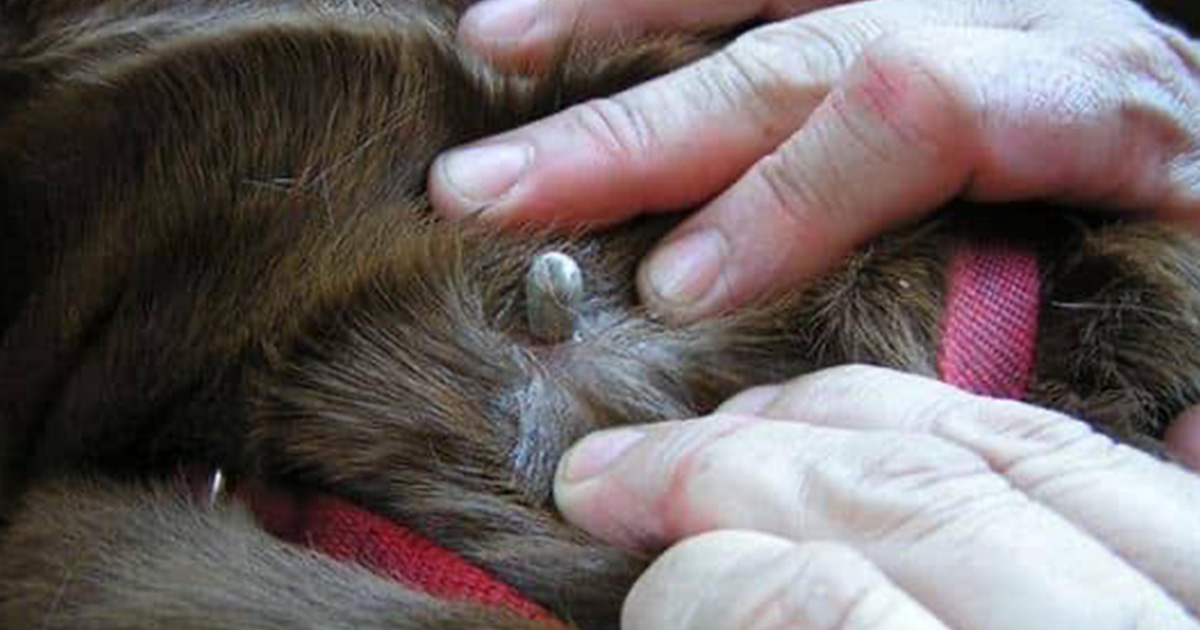Tick Paralysis Alert!
As the weather is warming up, so is tick season and we have already treated many cases of tick paralysis in dogs and cats.
Ixodes holocyclus is the official name of the paralysis tick which inhabits coastal bushland areas. This species of tick is only a problem in Australia – another deadly creature unique to down under! These ticks are most active in the warmer months especially after wet weather which initiates hatching of eggs in the environment and activity of the larval stages which feed on mammals.
After attaching to a host these ticks inject a neurotoxin (or nerve toxin) as part of their feeding process. After the tick has been attached for a day or two, enough poison will have been injected to cause significant neurological disease in pets due to blocking of nerve receptors at the nerve-muscle interface.
The most common symptom is a weak or flaccid paralysis starting in the hind limbs due to nerve signals being blocked from accessing the muscles of movement. As time progresses the paralysis ascends up the body to eventually affect the muscles of breathing and swallowing.
This process causes significant illness and death unless an antiserum is administered to neutralise the toxin before it attaches to more nerve receptors. Other symptoms of tick paralysis include vomiting, coughing, excessive panting and grunting, an altered bark or meow or limping if the tick is lodged in a foot or leg.
Tick poisoning is common, severe and very preventable. Our top tips for tick prevention are:
• Tick clipping by an experienced groomer and daily tick searching.
• Administration of highly effective and safe tick preventatives such as Bravecto, Seresto collars (dogs and cats) Nexgard (dogs only). Never rely on an animal’s natural immunity against ticks or herbal or natural remedies that have not been properly tested and proven to be effective and safe.
• We have a groundbreaking new product coming soon to Sydney Animal Hospitals, allowing you to protect your dog from Fleas and Ticks all year round with just one annual injection.
We anticipate this product will have a high demand, you can contact now to be put on the waiting list and secure your dog’s dose. It is important to maintain your regular protection until this product becomes available.
• Avoid taking your pet into long grasses and bushland during the warmer months.
• Know the symptoms of tick paralysis and seek veterinary attention immediately if your pet appears unwell, is vomiting, is wobbly and weak or has difficulty breathing.
• Ensure that you have adequate pet insurance for your pet and that this covers tick paralysis
Sydney Animal Hospital
(02) 8319 5555
www.sydneyanimalhospitals.com.au












